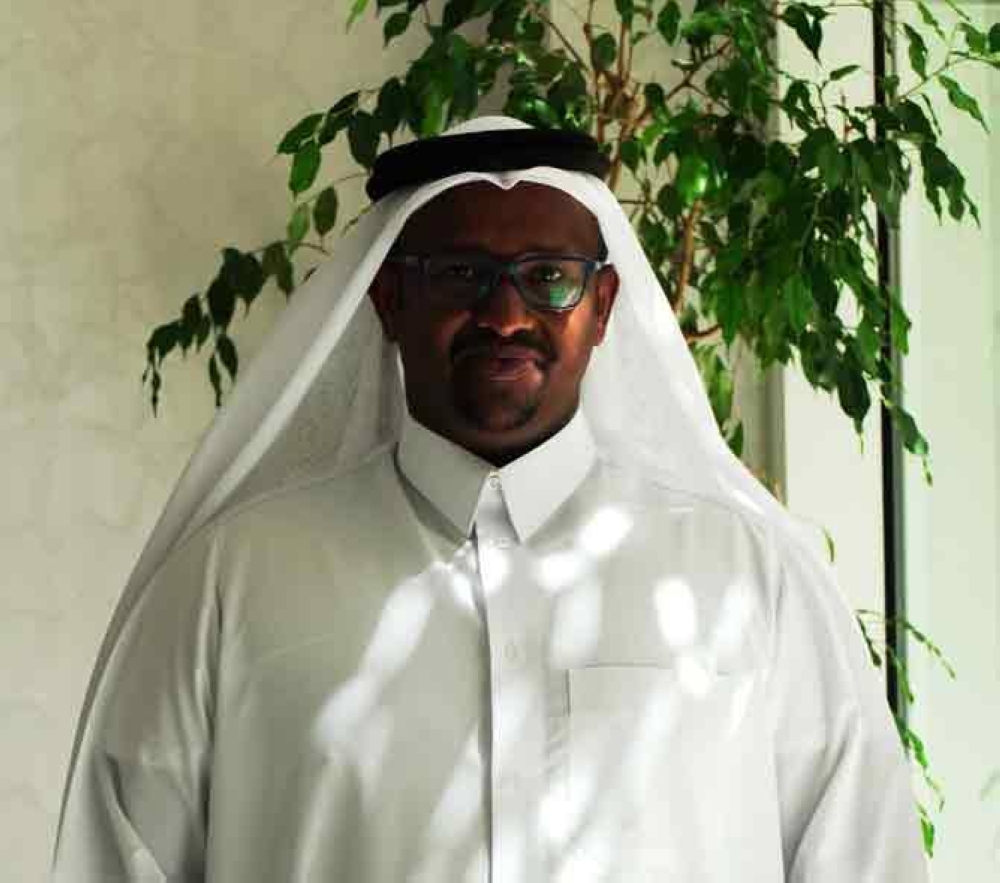Artificial intelligence (AI)-powered tools have become a part of people’s daily routines and save a great deal of their time and confusion, even if they haven't realised it yet, or have taken it for granted, a professor from Hamad Bin Khalifa University (HBKU) has noted.
Dr Aiman Erbad, associate professor and head of the Information and Computing Technology Division at the HBKU’s College of Science and Engineering, defines AI as “a field where smart technology is developed to perform human tasks based on analysing and understanding information and patterns of data, and making decisions based on that”.
“If we observe our daily life, we will find that AI-powered tools are indeed a part of our routine, such as mapping programmes based on algorithm analysis and data, social media, online video systems analysing user data, and instant translation services that are based on text analysis,” he said.
Dr Erbad said that with the increasing spread of AI technologies, fears of its dominance and taking over jobs have risen.
"Humans fear this new technology because they do not fully understand it,” he explained. “If we help students, the elderly, and others understand the basics of this technology and how we can use it, we can reduce fears and resistance associated with AI development.”
When any technology develops quickly, there is always an initial rejection or fear, especially when it comes to business and employment, according to Dr Erbad.
“However, this does not mean AI will take over all jobs,” he said. “Some jobs will have only parts that are automated, and new roles will also emerge in the future.”
Regarding AI's development in Qatar, Dr Erbad says that it has been of interest for many years.
"It is a key research focus in Qatar's institutions, including Qatar Foundation and Hamad Bin Khalifa University,” he said.
“We are about to witness the development of more technologies that will see their applications in various fields, such as the automation of educational tasks and the advancement of personalised education, as well as in the field of healthcare and automation of health data processing, and economic fields in terms of logistics, and the reliance on robots,” Dr Erbad concluded.

Dr Aiman Erbad
